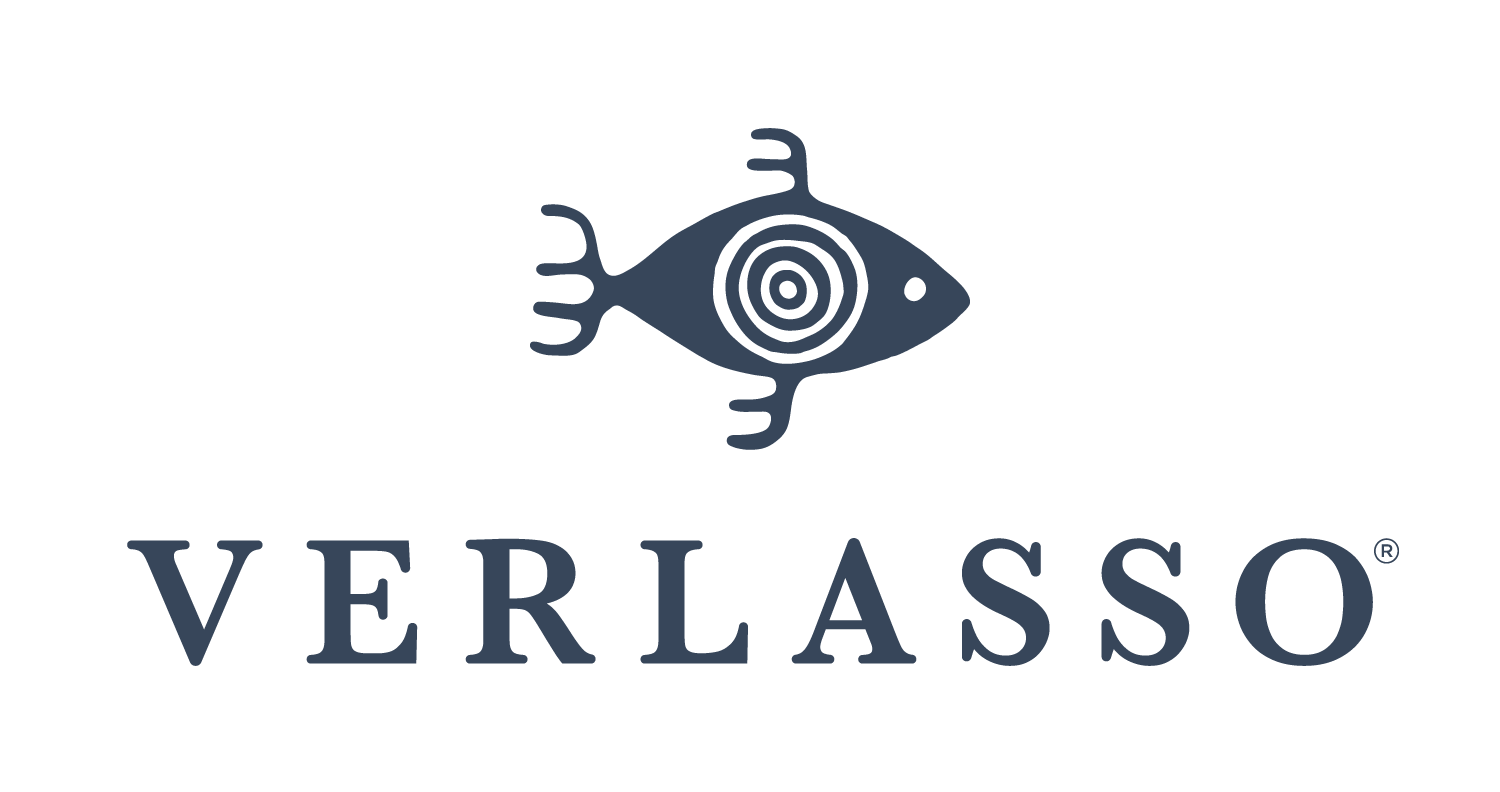Verlasso is moving its Chilean salmon farms and has enlisted TV personality Andrew Zimmern to document its sustainable aquaculture initiatives, the firm recently announced.
AquaChile, Verlasso’s parent company, invested USD US 259 million (EUR 227 million) last summer to buy new farm sites for Verlasso. The supplier is in the process of moving its sustainable farming sites from Region XI of Aysen to the remote Region XII of Magallanes, Chile, and is rolling out a more ocean-friendly feed model.
The first salmon fully raised from egg to harvest in Verlasso’s new facilities are anticipated to be harvested in 2020.
“The move to Magallanes is out of need to diversify the usage of resources in the region,” Verlasso General Manager Moises del Rio told SeafoodSource. “We have been seeking out a region that would avoid an over-concentration of farms and allow our salmon to develop in the most pristine conditions possible.”
Magallanes is located far from industrial and environmental pollutants, and features cold waters with strong currents, providing “continuous filtration and help recycle pen water,” Verlasso said in a press release. In addition, the widespread farms in the region have additional oversight from regulatory bodies of the Chilean government in conjunction with the Aquaculture Stewardship Council.
Zimmern, executive producer and host of the Travel Channel’s “Bizarre Foods” and “The Zimmern List,” is documenting the journey as Verlasso improves its aquaculture practices, including moving its farms and a proprietary new feed model. He will visit when seeding for the farms begin, and will revisit the farms several times until the fish is harvested.
“What they [Verlasso] has done in the past 10 years is amazing. They have established a product with a gold standard reputation, and continue to move down a path in making better choices,” Zimmern told SeafoodSource.
“For example, they developed a new feed model, are moving to Region XII, and are exploring issues of pen density - stuff that i was completely unaware of 10 years ago. I can think of a dozen countries where I’ve seen pen density issues up close and personal,” Zimmern added.
The chef and TV personality recalls some of the various farming operations he has seen since he began filming “Bizarre Foods” 12 years ago, including single families raising fish in lakes in Cambodia as well as deep water operations off the Farrow Islands, along with companies in the Pacific northwest and Northeastern provinces in Canada.
“I started to increase my own awareness of aquaculture,” he said. “People talk a lot about land-based stuff (like cattle farming), and aquaculture wasn’t being talked about enough. So I started talking about it and reconnecting with a lot of folks. It was timely when the Verlasso folks got back in touch with me and we started talking about a longer-range commitment.”
“It is clear that there is much confusion about aquaculture and the role that it can play in the future of food,” del Rio said. “Andrew Zimmern is a champion for the future of food and for sustainability. With Andrew on board, we have a mentor and a beacon, who will follow the process of raising the fish at every level and capture the essence of what we do at the most intimate level. We think his perspective and his ability to storytell is important as we lead an industry into the future.”
Verlasso’s new, proprietary feed model only uses the trimmings sourced from fish caught from certified sustainable fisheries. It will no longer use whole wild feeder fish (herring, anchovies, sardines) in its feed. The feed contains only non-salmon fish trimmings, natural algae, vitamins, and oils rich in omega-3 fatty acids.
"We have had this diet for several months now and the current fish that is in market has been on this diet,” del Rio said.
Article was originally published on Seafood Source, authored by Christine Blank.
Follow the journey with #FollowThatSalmon on Facebook, Instagram, Twitter, or LinkedIn!


